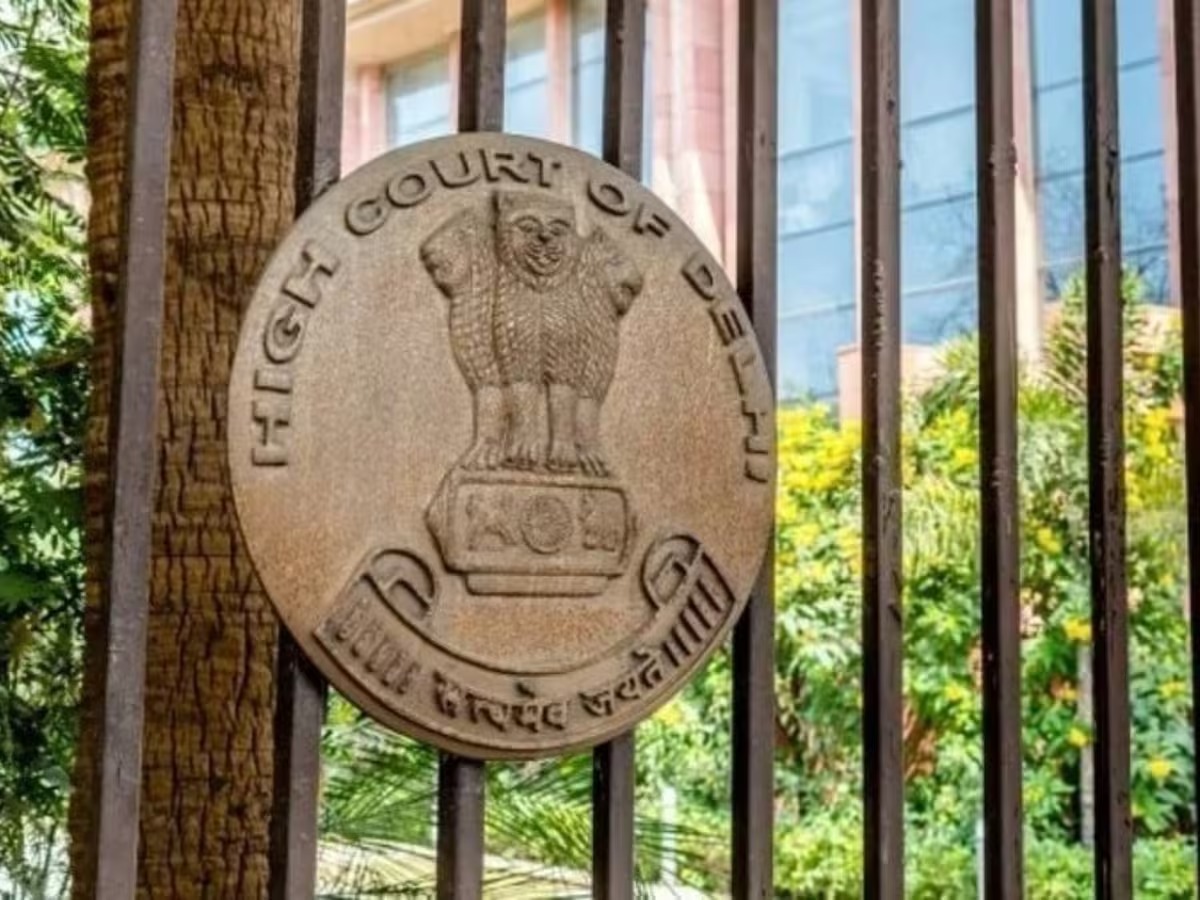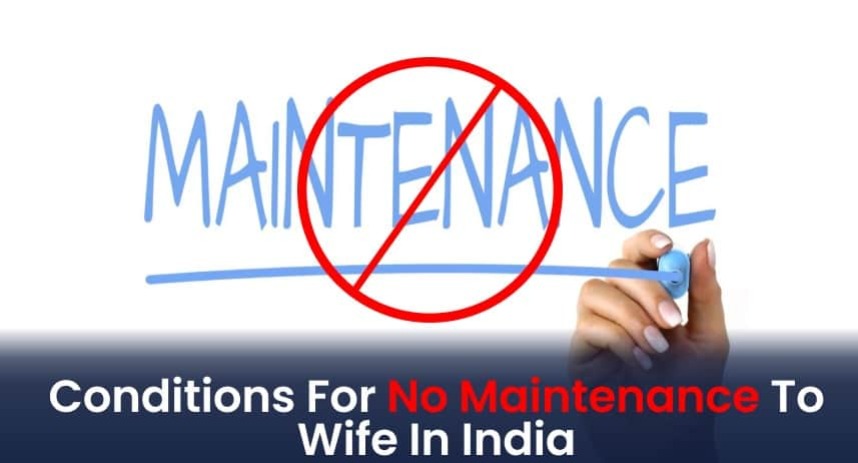Mookerjee, C.J.@mdashTheir Lordships the Hon''ble Mr. Justice Anil Kumar Sen (as he then was) and Hon''ble Mr. Justice S. R. Roy have referred this Civil Rule to the Special Bench. The plaintiff opposite parties had instituted the suit against the predecessor-in-interest of the petitioner, inter alia, for eviction from a premises. On the date of the institution of the said suit, the premises was situated in an area which was not included within the limits of any Municipality. The original defendant having died, the present petitioners were substituted as defendants in the said suit. While the suit was pending, by Notification No. 740/C-4/M.T.M./4/70, dated 27th August, 1979 the area in which the suit premises was situated was constituted a Municipality. In terms of subsection (8) of Section 1 of the West Bengal Premises Tenancy Act, 1956 the provisions of the said Act were extended to the area. The point for decision in this reference is when an area is constituted a Municipality and the West Bengal Premises Tenancy Act is extended to the said area, whether the provisions of Sections 17(2) and 17(2A) of the West Bengal Premises Tenancy Act, 1956 would apply to suits for eviction which had been instituted before the said Act was extended to the area. In other words, whether even if in respect of eviction suits instituted before the date of extension of the provisions of the West Bengal Premises Tenancy Act, 1956 in the said particular area, the defendant tenant can u/s 17(2) of the said Act raise any dispute about the amount of arrears of rent and also apply under sub-section (2A) of Section 17 of the Act either for extension or for granting instalments to pay the arrear rent due from him.
2. The learned Munsif, 2nd Court, Barasat had rejected as not maintainable the petitioners'' application under Sections 17(2) and 17(2A) of the West Bengal Premises Tenancy Act, 1956. The learned Munsif had upheld the objection raised on behalf of the plaintiff opposite parties that the suits having been instituted before the area in question was constituted a Municipality, the rights of the parties would be continued to be governed by the general law and the West Bengal Premises Tenancy Act, 1956 did not apply to the suit. Being aggrieved, the defendant petitioners moved an application u/s 115 of the CPC and a learned Single Judge was pleased to issue the Rule. The said Rule was referred to the Division Bench. As already stated, the Division Bench, thereafter, referred the Civil Rule for disposal by a larger Bench. The Division Bench has formulated the following point for decision.:
Whether the provisions of the West Bengal Premises Tenancy Act, 1956 would apply to a suit which when initially instituted, was not governed by the provisions of the said Act since the Act never applied to the area where the suit premises was situated but before the suit could be taken up for bearing, the provisions of the said Act are extended to the said area.
3. The point involved in the present Reference is concluded by the decision of the Supreme Court in the case of
4. We have given our anxious consideration to the fact whether it would be in the interest of justice to direct that the suit brought by the plaintiff opposite parties be held as not maintainable without giving opportunities to the plaintiffs to amend the plaint in accordance with law and for determining the real questions in controversy between the parties. At the date of the institution of the suit, the West Bengal Premises Tenancy Act was not applicable to the area in question. There was change in law during the pendency of the suit. The defendants themselves are seeking relief, under sub-sections (2) and (2A) of Section 17 of the West Bengal Premises Tenancy Act. In the plaint, there are some averments about the grounds upon which the plaintiffs pray for eviction of the defendants. In order to elucidate the matters in controversy it is open to the plaintiff to amend the plant. It is, however, not for us at this stage to hold whether the grounds asserted in the plaint are in fact true and whether the plaintiffs would be entitled to a decree for eviction. The same are left open for determination by the court below at the appropriate stage and in an appropriate manner. We also keep open the question whether the purported notice of eviction as pleaded in the plaint of the suit is a valid one and whether the same was in compliance with Section 13(6) of the said Act. The said points are also left open. We may observe that the court below will give an opportunity to the plaintiff to apply for amendment of the plaint and if no such an application he made within four months from the date of arrival of the records in the court below, the court below will first dispose of the said application and thereafter dispose of the suit in accordance with law. In case the plaintiff''s prayer for amendment be allowed, the defendants, would be given liberty to file an additional written statement within the time to be fixed by the court below. If no prayer is made for amendment of the plaint, the Trial Court may decide the issue of maintainability of the suit as a preliminary one.
5. The entire revision case has been referred to the Special Bench. Therefore, after answering the point under reference, we propose to pass a preliminary order upon the defendant''s petition under sub-sections (2) and (2A) of Section 17 of the West Bengal Premises Tenancy Act in the same manner in which the Division Bench had disposed of the case in Re: Chittaranjan Bhadra and incidentally may mention that in the case of Chittaranjan Bhadra others reported in 1986 (1) CHN 478. We and others, the Division Bench had explained the legal position after the pronouncement of the decision of the Supreme Court in the case L akshmi Narayan Guin v. Niranjan Modak (supra).
6. We accordingly dispose of the Reference in the following manner. Following the decision of the Supreme Court in the case of Lakshmi Narayan Guin v. Niranjan Modak (supra), we hold that the provisions of West Bengal Premises Tenancy Act would be applicable also to suits for eviction which are pending at the date the area in which the suit premises is situated is constituted a Municipality. Therefore, even in a suit which had been instituted before the provisions of the West Bengal Premises Tenancy Act had been extended to the area in which the suit premises is situated, after the said Act is extended to the area, the defendant would be entitled to apply under sub-sections (2) and (2A) of Section 17 of the West Bengal Premises Tenancy Act. In the following manner we dispose of the Revision case itself. We set aside the order complained of. We direct the court below to again dispose of on merits the defendant tenant''s petition under subsections (2) and (2A) of Section 17 of the West Bengal Premises Tenancy Act. We pass a preliminary order u/s 17(2) of the said Act by directing the defendant tenant petitioners to deposit in the court below or to pay to the landlord an ad hoc sum of Rs. 1000 (one thousand) towards arrears of rent, etc., within eight weeks from this day. They will deposit or pay in the same manner another ad hoc sum of Rs. 1000 (one thousand) within 12 weeks from this day. They will also go on depositing in the trial court a sum of Rs. 101 (one hundred one) per month, month by month, within the 15th day of each succeeding Bengali Calendar month. Together with the said sum, she will also deposit within the same date a sum of Rs. 101 (one hundred one) towards alleged arrear rent due from her. The court below will expeditiously dispose of the defendant tenant''s petition under Sections 17(2) and 17(2A) of the West Bengal Premises Tenancy Act in accordance with law. The first of the aforesaid monthly deposits shall be made by the 15th Kartick, 1394 B. S. The court below will grant instalments to the defendant to pay the sum which may be determined to be due from her by taking into consideration all relevant facts and circumstances.
7. Let a copy of this order be communicated to the Trial Court with a direction to expeditiously dispose of the case in accordance with law.
Monoranjan Mallick, J.
8. I agree.
Sudhanshu Sekhar Ganguly, J.
9. I agree.

